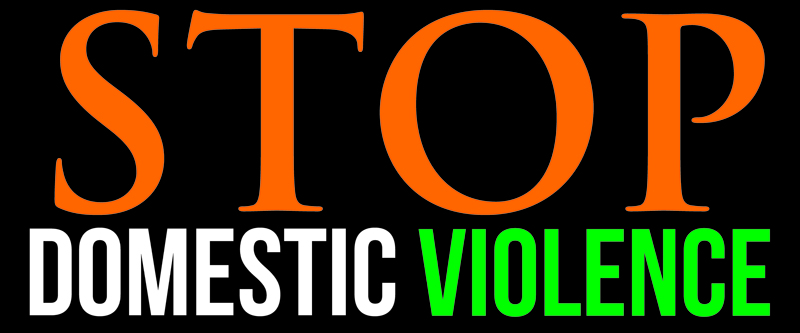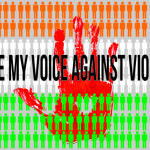The PWDVA, unlike §498A, is a civil measure that addresses a vast range of issues that face women who file cases against abusive partners. This includes providing safe residence for women who have filed cases, mandating regular maintenance be paid to the aggrieved, and granting custody of children to the aggrieved person.


Since its implementation, the PWDVA has failed to live up to its promise of swift justice for victims of domestic violence. Despite the expansiveness of the law, few perpetrators are convicted under it, and the rates of domestic violence continue to rise. The National Crime Records Bureau (NCRB) estimates that 40% of ever-married women have experienced violence at home, while 35% of girls between 15-19 have encountered physical or sexual violence. The proportion of crimes against women compared to total reported crimes has increased 5% in the 5 years after PWDVA was passed, according to a 2010 NCRB survey.
There are several gaps between the PWDVA legislation and its actual implementation. These vary from the lack of Protection Officers (POs) and Service Providers (SPs) on the ground to facilitate the process of filing cases and ensuring women receive their allocated maintenance and shelter. Along with problems with logistics and funding, the wording of the act is overly vague, police are extremely reticent to intervene in family matters, and women remain unknowledgeable about the existence of the act.
In 2012, the Centre for Social Research, along with several other organizations, submitted a proposal to the National Commission for Women for a centrally sponsored scheme for implementing the PWDVA, including a detailed budget that will ensure greater provisions of POs and SPs on the block, state, and central levels. The proposal for a centralized budget has yet to be approved and only 15 states currently have budgets for the implementation of the PWDVA.
Despite the years of lobbying by feminist organizations, the laws in place are not protecting women from domestic violence. This isn’t that surprising, given that the law is a deeply patriarchal institution that only began to recognize violence against women as a crime a few decades ago. Focusing on the law as the sole recourse to combating violence is problematic, especially given that implementation is so abysmal. It is important that women are knowledgeable about their rights under the PWDVA to receive regular monetary support, residence, and protection by the state, but the onus of responsibility is not on women to demand their rights. It is on the state to execute the law properly. The implementation of a centrally sponsored scheme for the PWDVA would be a welcome first step.
About the Author
Hannah Carlan is a PhD student in anthropology at the University of California – Los Angeles, where she is researching discourses surrounding violence against women in India.
Looking forward to reading your blogs, you can mail us your entries at WriteWithUs@csrindia.org, or upload them at Write With Us.
Donation for Centre for Social Research to Join our effort in rehabilitating Domestic Violence
Discuss this article on Facebook




